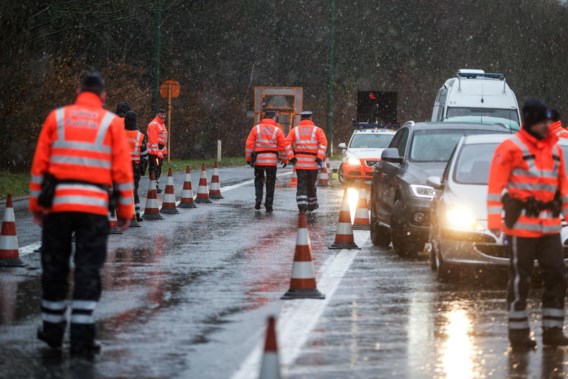Justice
The man who was caught two years ago for driving under the influence, but was later able to prove that he suffered from autobrewery syndrome, has been acquitted. According to the judge, there was force majeure.
On April 2 and May 7, 2022, the man was caught driving under the influence during a police check. And he himself was very surprised by that. The Bruges resident said he had not consumed a drop of alcohol.
In the police court, the forty-year-old made a striking statement. He is said to suffer from auto-brewery syndrome, which causes sugars from carbohydrates to be converted into alcohol in the body. It was his GP who first suggested this possibility, after which the man remained in the hospital for two days for observation. There they confirmed the story.
The defense requested an acquittal so that the man was not declared unfit to drive. “No new facts have happened,” master Bart Bleyaert said earlier. “The man is now on a low-carbohydrate diet. If he doesn’t eat carbohydrates, there is no problem. Apart from those high parameters, my client never showed any other symptoms that could be linked to the high alcohol content. This is not a typical alcohol story of someone who drinks himself to death in the pub and then gets behind the wheel.”
Warning
The public prosecutor asked to declare him unfit to drive for life. But the judge decided to acquit the forty-year-old on Monday morning for driving under the influence. “There is force majeure,” says the judge. “The man did not know about the condition and we can say with certainty that he suffers from autobrewery syndrome. This has been determined by an expert and in two hospitals.”
The man is therefore not assigned any guilt and will therefore not be punished. It will be different next time, because the judge did give a warning. “Next time there will be no force majeure.” The man himself takes all the responsibility.
The defense reacts with relief. “Our client will work with the doctors to see how they can follow the low-carbohydrate diet as best as possible,” says lawyer Anse Ghesquière. “We are very satisfied. Our client is also satisfied with the ruling.”
The public prosecutor’s office can still appeal against that decision.

